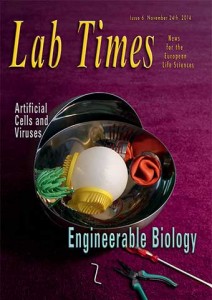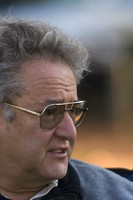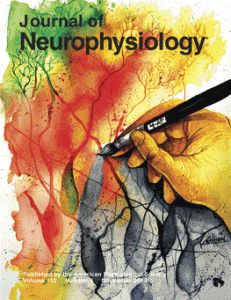
A one-time media favorite is being accused of serious misconduct in three cases where he inserted artificial windpipes into patients and treated them with stem cells. Two of the patients have died; one survives, but needs her airway cleaned every four hours by hospital staff to keep her alive.
A little over two years ago, thoracic surgeon Paolo Macchiarini soared to the top and then sunk to the bottom within days. First, his work implanting artificial tracheas hit the front page of the New York Times. Days later he was placed on house arrest for accusations of fraud and extortion.
We wrote about him a month later, when a paper of his was retracted for plagiarism.
Here’s Henry Fountain at the NYT writing about the new allegations: Continue reading “Super-surgeon” who created artificial tracheas facing new misconduct allegations








